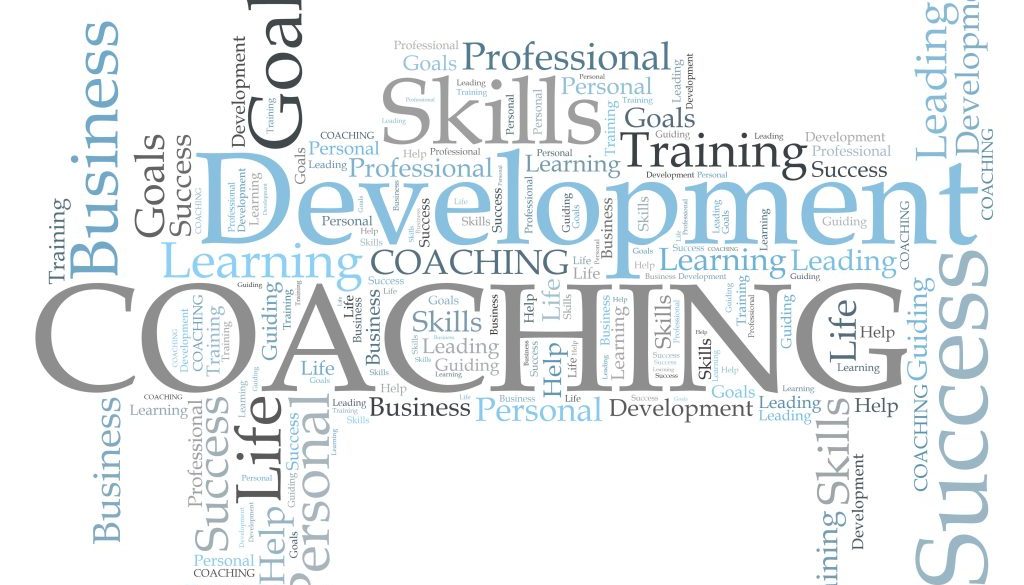Thriving in Medicine: How Physician Coaching Builds Better Doctors and Balanced Lives
Physician Coaching: The Missing Piece in Medical Training
You’ve mastered pharmacology. Memorized anatomy. Survived residency. But somewhere between the exam rooms and electronic health records, many physicians ask themselves: “Is this it?”
The truth is, while medical education rigorously prepares doctors to diagnose and treat, it rarely teaches them how to thrive. That’s where physician coaching steps in, helping doctors not only succeed in medicine but also sustain joy, connection, and balance both in and beyond the clinic.
In a healthcare system battling burnout, distrust, and constant change, coaching is becoming a critical tool for personal resilience and professional fulfillment.
What Is Physician Coaching?
Physician coaching is a personalized, goal-oriented development process designed to help doctors navigate their careers with clarity, confidence, and purpose. Unlike therapy (which focuses on healing the past) or mentoring (which provides guidance based on experience), coaching centers on forward movement and strategic self-discovery.
Whether you’re a pre-med, resident, attending, or physician leader, coaching creates space to answer questions like:
- “Am I on the right career path?”
- “How can I lead with more impact?”
- “Is there a nonclinical career that aligns with my values?”
- “How do I create space for my family, creativity, or rest?”
Why Coaching Matters in 2025
1. Burnout Is on the Rise
In 2024, over 60% of physicians reported at least one symptom of burnout. Despite public admiration for healthcare workers, many physicians feel overextended and undervalued. Coaching helps combat this by reconnecting doctors with their purpose and offering tools for stress management and boundary-setting.
2. The Medical Landscape Is Evolving
AI integration, healthcare corporatization, and patient mistrust are reshaping what it means to be a physician. Coaching supports adaptability, leadership growth, and confidence in uncharted roles—including nonclinical careers for physicians.
3. Soft Skills Drive Impact
Today’s physicians must master more than medicine. Emotional intelligence, communication, and leadership are key differentiators in both clinical excellence and patient satisfaction.
Core Benefits of Physician Coaching
1. Emotional Intelligence and Communication Mastery
Through coaching, doctors refine the interpersonal skills essential for high-quality care:
- Active listening and empathy
- Non-verbal communication awareness
- Conflict resolution with colleagues
- Delivering difficult news to patients
These skills aren’t just “nice-to-have”—they directly affect patient safety, team cohesion, and a doctor’s mental health.
2. Career Clarity and Nonclinical Exploration
Coaching helps physicians explore alternative career paths with curiosity, not shame. Whether transitioning into medical education, consulting, healthcare entrepreneurship, or content creation, coaching provides:
- Strategic planning
- Transferable skill analysis
- Networking and personal branding guidance
This makes it invaluable for doctors navigating nonclinical careers for physicians or portfolio careers.
3. Work-Life Balance and Personal Fulfillment
Medical training glorifies exhaustion. Coaching challenges that norm.
Physician coaches help clients redefine success beyond status or salary, enabling them to:
- Set boundaries at work
- Prioritize relationships, pets, and hobbies.
- Prevent or recover from burnout
- Pursue joy without guilt)
This reframe is essential for sustainable careers in medicine.
4. Leadership and Influence Development
Whether you’re stepping into department leadership or advocating for policy change, coaching strengthens executive presence, decision-making, and influence. Coaches help physicians:
- Refine public speaking
- Lead through uncertainty
- Build aligned, mission-driven teams
Real-Life Applications of Physician Coaching
Case 1: The Burned-Out Pediatrician
After 10 years in practice, a pediatrician felt numb. Coaching revealed a passion for creative writing and patient education. She pivoted to a hybrid role—still seeing patients but also authoring health content. Her burnout began to lift.
Case 2: The Medical Student with Doubts
A third-year med student doubted her path. Coaching helped her reconnect with the “why” behind medicine, leading her to choose a specialty aligned with her advocacy goals.
Case 3: The Surgeon Turned Innovator
A trauma surgeon worked with a coach to explore leadership in medical technology. He now consults for a healthtech startup—using his clinical expertise in new ways.
How to Get Started with Physician Coaching
Not all coaching is created equal. Look for:
- Coaches with medical backgrounds or experience working with clinicians
- ICF (International Coaching Federation) credentials
- Testimonials or referrals from peers
- Coaches who align with your goals—whether clinical performance, personal growth, or leadership
Many academic institutions and hospitals now offer in-house coaching. Independent coaches can also be found online.
Conclusion: Physician Coaching Isn’t a Luxury—It’s a Lifeline
In a system that often forgets the humanity of its healers, coaching re-centers the physician as a whole person—not just a provider. It empowers doctors to evolve, lead, rest, and thrive—on their own terms.
Physician coaching isn’t just about fixing problems—it’s about creating possibility. For physicians who want more than just a medical career—for those who crave connection, creativity, balance, and impact—coaching offers the roadmap.
Your stethoscope is powerful. But your self-awareness? That’s your superpower.
You’re not broken. The system is.
Take back your time, income, and energy—starting today.
Book your free coaching consult here, or get the roadmap with my course here.





